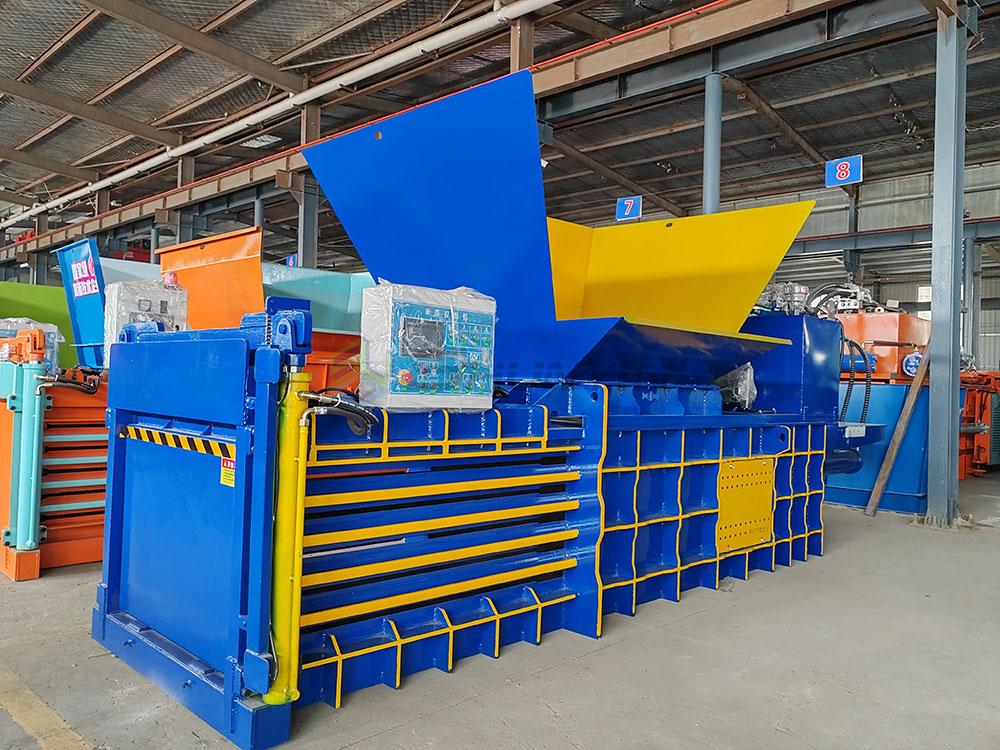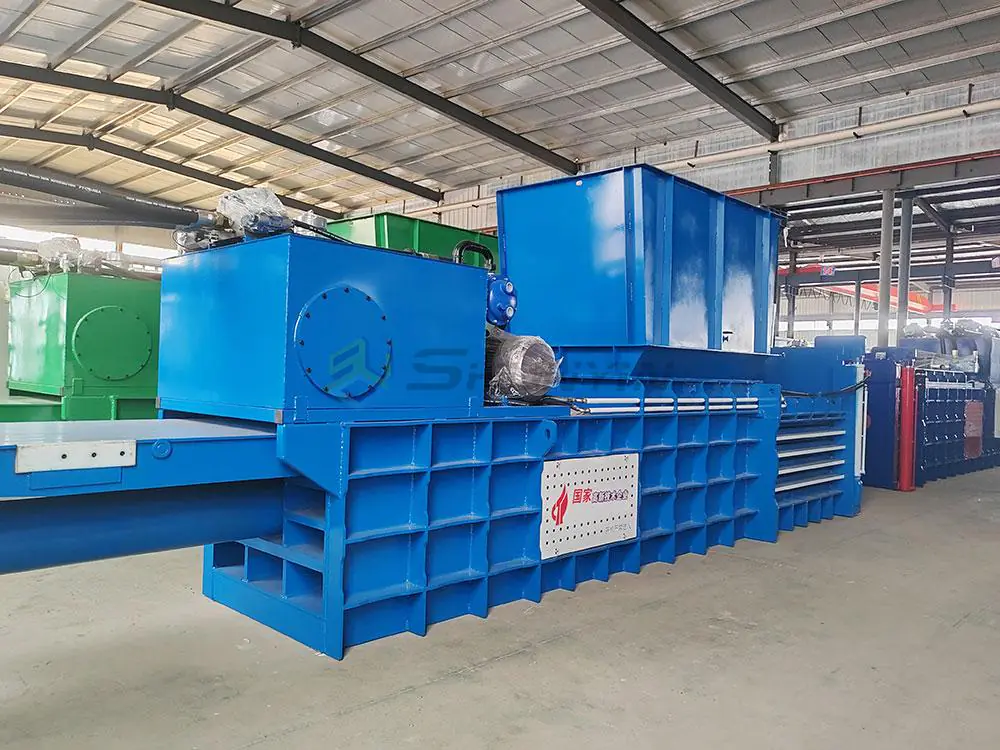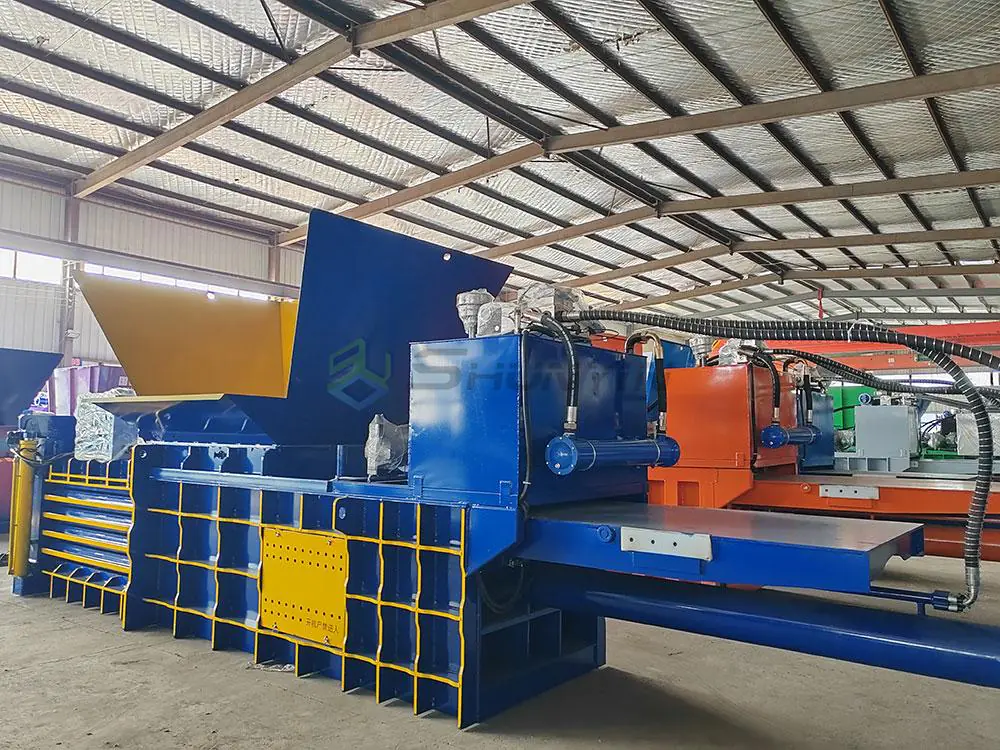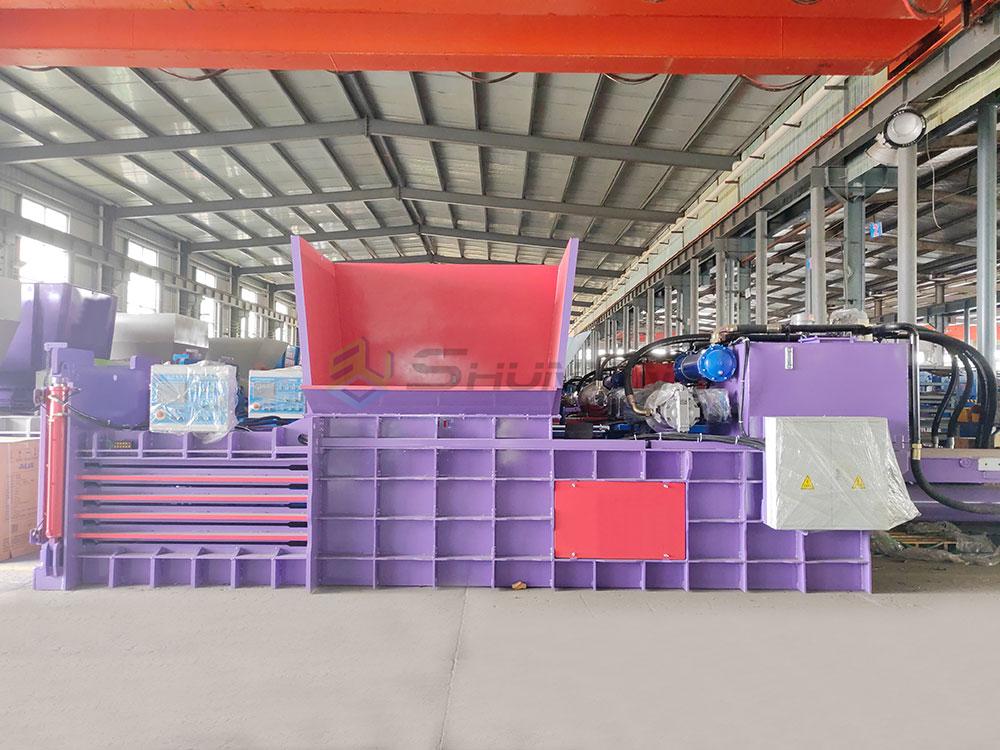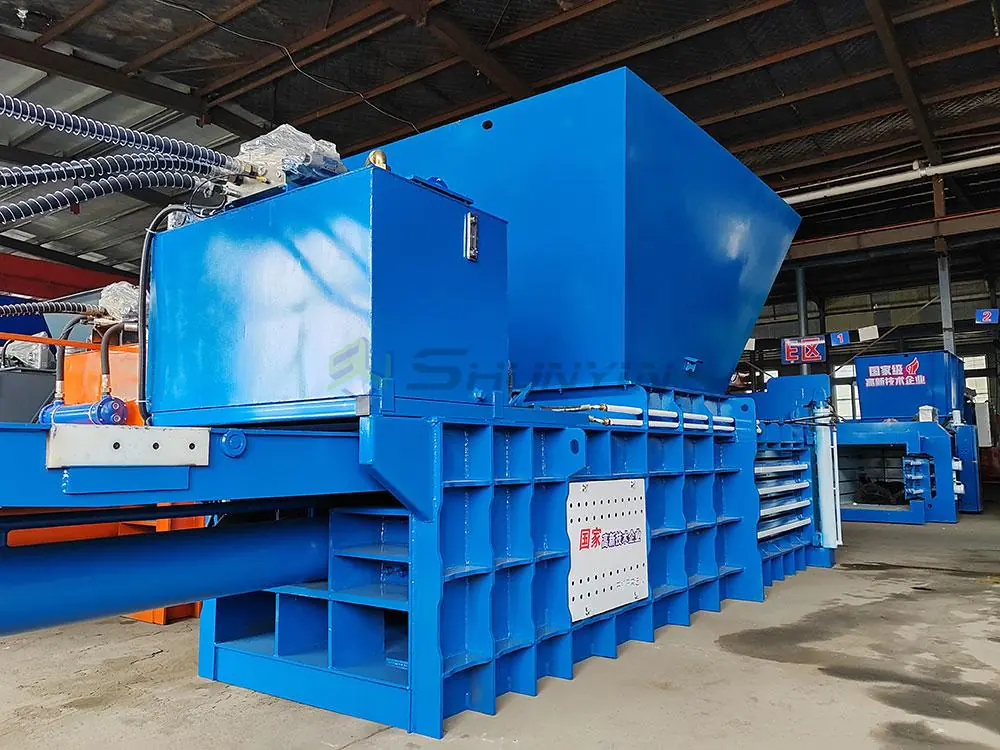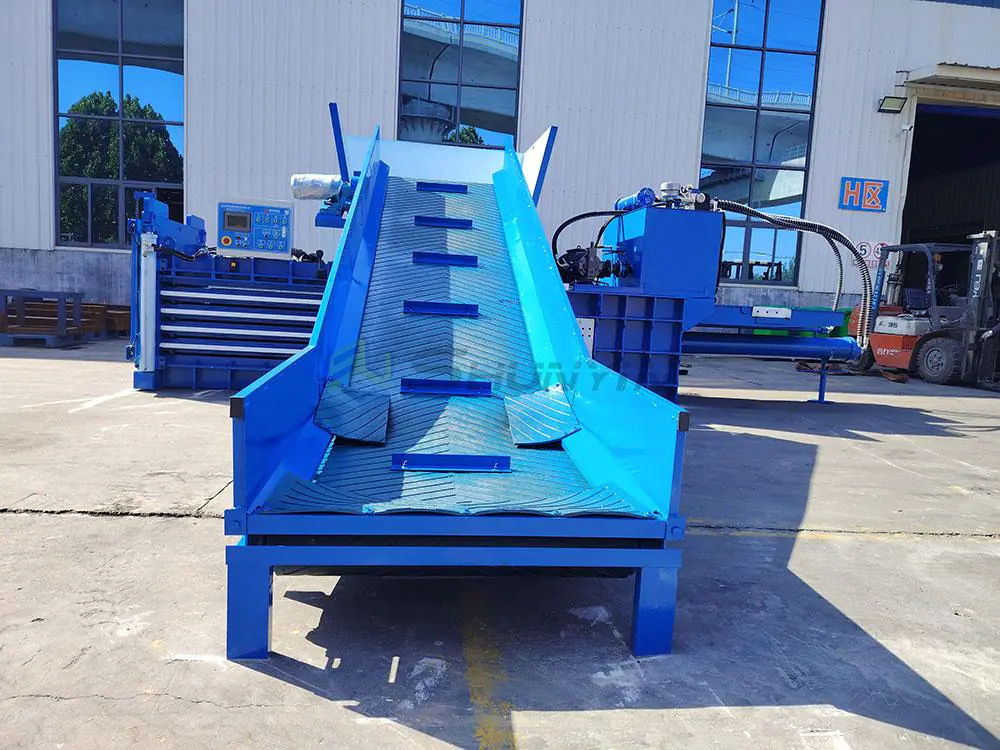
Are you overwhelmed by the myriad of technical parameters and brand options available when making a purchase? Selecting the wrong specifications or brands can lead to inefficiencies and increased costs. However, understanding the key factors can streamline your decision-making process and ensure you invest wisely.
When purchasing a baling machine, consider technical parameters like compaction force, bale size, cycle time, and motor power. These factors determine the machine’s efficiency and suitability for your waste volume. Additionally, assess the automation level, such as automatic tying systems and control features.
Imagine confidently selecting the right baler that perfectly fits your operational needs, enhancing efficiency and reducing long-term costs. This confidence stems from a clear understanding of the essential technical and brand factors to consider.
What are the most important factors you consider when making a purchasing decision?
When making a purchasing decision, several key factors must be evaluated to ensure you select the right product that meets your needs and offers the best value.
The most important factors include understanding the technical specifications, assessing the brand reputation, evaluating cost-effectiveness, and considering after-sales support.
When I first faced a significant purchasing decision for our operations, prioritizing these factors helped us choose a baler that not only fit our technical requirements but also provided excellent support and durability.
Key Factors to Consider
Technical Specifications
Understanding the technical details such as capacity, power requirements, and operational efficiency is fundamental. These specifications determine how well the equipment will perform in your specific environment.
Brand Reputation
Choosing a reputable brand ensures reliability and quality. Brands with a strong market presence often provide better customer service and more robust product warranties.
Cost-Effectiveness
Balancing the initial cost with long-term benefits is essential. A higher upfront investment might lead to greater savings and efficiency over time.
Additional Considerations
| Factor | Description |
|---|---|
| Technical Specs | Capacity, power, efficiency, compatibility |
| Brand Reputation | Market presence, customer reviews, warranty offerings |
| Cost-Effectiveness | Initial cost vs. long-term savings and ROI |
| After-Sales Support | Availability of maintenance, parts, and customer service |
| User Reviews | Feedback from other users about performance and reliability |
What are the 3 factors companies take into consideration when it comes to branding?
Branding plays a pivotal role in how a company is perceived and its success in the market. Companies consider several factors to build a strong and effective brand.
The three main factors are brand identity, brand positioning, and brand consistency, each contributing to a cohesive and recognizable brand image.

When we developed our brand strategy, focusing on these three factors helped us establish a strong market presence and build trust with our customers.
Key Branding Factors
Brand Identity
This encompasses the visual elements like logos, color schemes, and design aesthetics that distinguish a brand from its competitors.
Brand Positioning
Positioning defines how a brand is perceived in the minds of consumers relative to competitors. It involves identifying the unique value proposition and target market.
Brand Consistency
Maintaining consistency across all marketing channels ensures that the brand message is clear and unified, enhancing brand recognition and loyalty.
Importance of Each Factor
| Branding Factor | Importance |
|---|---|
| Brand Identity | Creates a memorable and distinguishable image |
| Brand Positioning | Establishes the brand’s unique place in the market |
| Brand Consistency | Builds trust and recognition through uniform messaging |
What do you look for in a brand before making a purchase?
Before making a purchase, evaluating the brand can significantly influence your decision. Here are the key elements I consider when assessing a brand.
I look for brand reliability, customer support, product quality, and brand values to ensure that the brand aligns with my needs and expectations.
When choosing a baler, these brand attributes helped us select a product that was not only high-quality but also supported by excellent customer service and shared our commitment to sustainability.
Essential Brand Attributes
Reliability
A reliable brand consistently delivers quality products that perform as promised, minimizing downtime and maintenance costs.
Customer Support
Responsive and effective customer support is crucial for resolving issues quickly and ensuring smooth operations.
Product Quality
High-quality products are durable, efficient, and require less frequent repairs, providing better value over time.
Brand Values
Aligning with a brand that shares your values, such as sustainability or innovation, can enhance your satisfaction and loyalty.
Evaluating Brands
| Attribute | What to Look For |
|---|---|
| Reliability | Consistent product performance, positive reviews |
| Customer Support | Availability of support channels, responsiveness |
| Product Quality | Durability, efficiency, material quality |
| Brand Values | Commitment to sustainability, innovation, customer focus |
What is the rule of 7 in branding?
The rule of 7 is a marketing principle that suggests a prospective customer needs to encounter a brand message at least seven times before taking action to purchase.
The rule of 7 in branding emphasizes the importance of repeated exposure to build familiarity and trust, increasing the likelihood of a purchase decision.

Implementing the rule of 7 in our marketing strategy ensured that our baler products remained top-of-mind for potential customers, leading to increased brand recognition and sales.
Understanding the Rule of 7
Repetition Builds Familiarity
Repeated exposure to a brand message makes it more recognizable and trustworthy in the eyes of consumers.
Enhancing Brand Recall
The more often customers see or hear about a brand, the more likely they are to remember it when making purchasing decisions.
Building Trust and Credibility
Consistent messaging across multiple touchpoints reinforces the brand’s reliability and expertise, fostering consumer trust.
Applying the Rule of 7
| Application Method | Description |
|---|---|
| Multi-Channel Marketing | Utilize various channels like social media, email, and print to reach customers repeatedly |
| Consistent Messaging | Maintain a uniform message across all platforms to reinforce brand identity |
| Engaging Content | Create memorable and engaging content that encourages repeat exposure and interaction |
Benefits of the Rule of 7
- Increased Brand Awareness: More touchpoints lead to higher recognition.
- Enhanced Consumer Trust: Familiarity with the brand builds trust and loyalty.
- Higher Conversion Rates: Repeated exposure increases the chances of customers choosing your brand when ready to purchase.
Conclusion
Improving baling efficiency and making informed purchasing decisions involve understanding the technical parameters and brand choices that best suit your operational needs. By considering the most important factors, evaluating branding elements, and applying strategic principles like the rule of 7, you can enhance your waste management processes and achieve greater efficiency and cost-effectiveness.
For more insights on optimizing your baling operations and accessing top-quality balers, feel free to reach out to me at [email protected] or visit our website Sybaling Machine.


